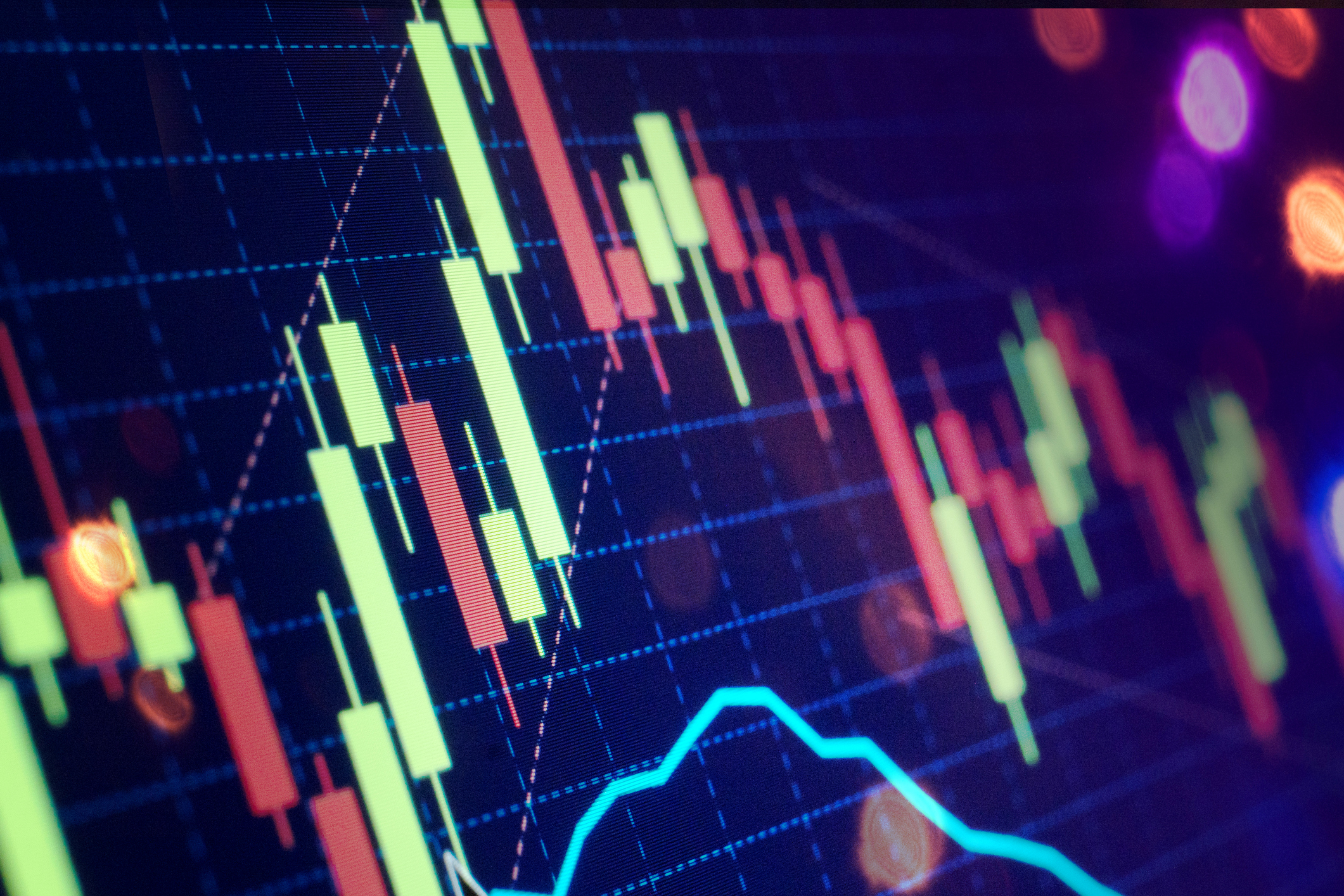
Stocks struggled a day after dovish inflation data triggered their best rally since November's election. Earnings season is off to a good start, but investors continue to ponder what a second Trump administration means for markets.
President-elect Donald J. Trump's nominee for Treasury secretary, Scott Bessent, appeared before the Senate Finance Committee on Thursday, sharing his thoughts on topics including fiscal spending, sanctions on Russia and the Federal Reserve's independence as well as inflation.
Bessent said he expects inflation to be "much closer" to the Federal Reserve's 2% target under Trump. When asked by Democratic Sen. Maggie Hassan of New Hampshire to identify proposed policies that would add to inflation, Bessent answered, "Nothing I can immediately think of."
Yields declined after Fed Gov. Christopher Waller said on CNBC that "it's reasonable to think rate cuts could possibly happen in the first half of the year" if incoming inflation data is in line with the current trend. The yield on the 10-year U.S. Treasury note was 4.613%, down from 4.653% on Wednesday and 4.788% on Tuesday.
"As long as the data comes in good on inflation or continues on that path," Waller added, "then I can certainly see rate cuts happening sooner than maybe the markets are pricing in."
At the close, the Nasdaq Composite was down 0.9% to 19,338. The S&P 500 Index gave back 0.2% to 5,937, and the Dow Jones Industrial Average was off 0.2% to 43,153.
Economic data is good
The Census Bureau said retail sales rose 0.4% month to month in December following November's upwardly revised reading of 0.8%.
"When combined with upward revisions to November sales, the data put 2024 holiday sales just below their long-run average and suggest it was a decent holiday sales season for retailers," wrote Wells Fargo economists Tim Quinlan, Shannon Grein and Jeremiah Kohl.
The economists note that "consumer resilience has been a hallmark of the current expansion," which has also "made the job of the Fed more challenging in getting inflation back to target."
The Federal Reserve Bank of Philadelphia said its manufacturing index rose to 44.3, its highest since April 2021, from a revised minus 10.9 in December.
The net increase was the largest since factories began reopening in June 2020 after initial COVID-19 closures. "The composition of the report was strong, as the employment, shipments, and new orders components all increased," said Goldman Sachs Chief Economist Jan Hatzius.
Tesla, Musk and TikTok
Tesla (TSLA) stock was down again on Thursday, falling 3.6% after rising 8% on Wednesday. TSLA has declined five of the first 10 trading days of 2025 but is still up 2.5% year to date.
In a Tuesday morning note, Wedbush analyst Dan Ives trumpeted the logic of Tesla CEO Elon Musk making a deal to buy TikTok and save the popular social media platform from a U.S. ban set to take effect on Sunday.
Bloomberg reported on Monday evening that Chinese officials would consider a sale of TikTok's U.S. operations to Musk. "Given the strong and growing alliance between Trump and Musk this is not a total shock route," Ives wrote, "as behind the scenes the Trump White House is looking at alternatives if the Supreme Court upholds the ban."
TikTok told multiple media outlets seeking comment on the Bloomberg report that it "can't be expected to comment on pure fiction."
A more pedestrian explanation for TSLA's price action on Thursday is the fact that the electric vehicle maker is now offering discounts on new Cybertrucks in its inventory. Tesla's deliveries were down year over year in 2024 even as worldwide EV sales reached record levels.
As Al Root of Barron's notes in a roundup of analyst views on TSLA, "Tesla stock needs a catalyst to change investors' thinking about valuation and earnings growth."
According to S&P Global Market Intelligence, 20 of the 48 analysts covering the Magnificent 7 stock that it tracks rate TSLA a Buy or Strong Buy, 15 have it at Hold and 13 say it's a Sell or Strong Sell. That works out to a consensus Hold recommendation.
Stocks on the move
Bank of America (BAC) stock fell 1% despite the world's second-largest bank topping revenue and earnings expectations for its fourth quarter.
CEO Brian Moynihan noted that "every source of revenue increased" and BAC "saw better-than-industry growth in deposits and loans," adding that "this broad momentum sets up 2025 very well for Bank of America," he said.
Taiwan Semiconductor Manufacturing (TSM) rallied 4.1% after the semiconductor manufacturer beat top- and bottom-line expectations for its fourth quarter and issued a strong outlook for Q1.
TSM's Chief Financial Officer Wendell Huang cited strong demand for the company's "industry-leading 3 nanometer and 5 nanometer technologies" in the fourth quarter. Huang added that the chipmaker expects "business to be impacted by smartphone seasonality, partially offset by continued growth in AI-related demand" in the first quarter.
UnitedHealth Group (UNH) slumped 6% and was the worst-performing stock in the Dow after the country's largest health insurer came up short of revenue expectations for its fourth quarter.
This is the first time UnitedHealth has missed top-line expectations since the second quarter of 2020. CEO Andrew Witty said in a statement that UnitedHealth remains focused on "making high-quality, affordable healthcare more available to more people while making the health system easier to navigate."







